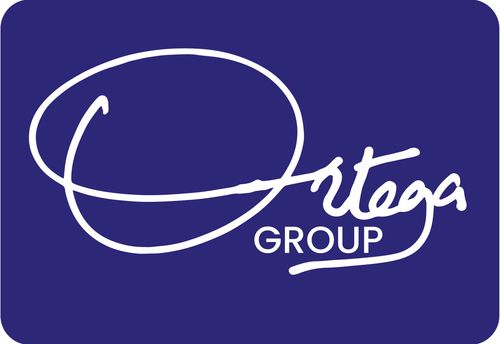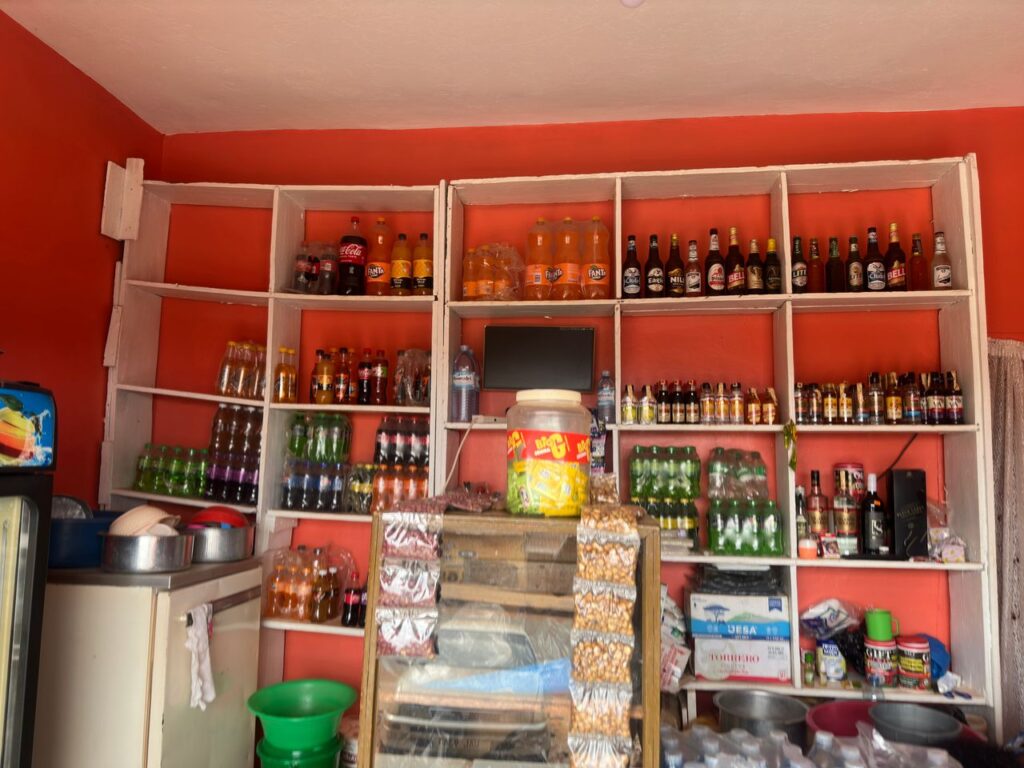By Ian Ortega
I keep going back to my mother. Because from her, I have come to understand the Ugandan market. I have climbed down from the hurly-burly clouds of corporate illusions to understanding how it works on the ground. I have escaped from the prisons of the western vocabulary and lenses through which the Ugandan market is described to making that attempt of finding a Ugandan business language and vocabulary.
Business in Uganda is not complex or high risk; it speaks a different language. It speaks the Ugandan language, and it’s the language that we must learn. Let’s discuss credit in this Ugandan business environment.
I was visiting my mother at her retail shop when one of her customers came around. My mother was backdoor, I was at the front-end of the shop. The customer asked me to keep muted as he waited for my mother to come out and be surprised. He called her ‘mummy’. My mother inquired why he’d been absent for such a long time. He explained; ‘mummy, when I got my leave, I immediately took it up. I have just returned’. Then he went on to tell my mother; “Kati mummy, first give me that Bond-7 quarter and Sports cigarettes.”
My mother processed his order. Then he inquired; “mpozi mummy, I had paid you last time.” My mother replied to the contrary. He then made a promise that he will pay this combined debt at once. Now business school won’t teach you that what happened here was a loan restructuring. My mother had already engaged in a Know Your Customer (KYC) of this person, the basis on which she’d given out the earlier loan. This gentleman would pay the new restructured loan at a later point in time. Go to any retail shop and you will find that ‘exercise book’, with that book, the loan records are kept, so are the daily transactions. So the systems already exist, we simply have to build upon this, to simply mirror what already works.
But my mother is lending at 0% interest. She’s engaged in some form of Islamic financing (unknown to her and to everyone else). But here’s another catch. This gentleman didn’t just get the loan, he also often comes with many other new customers to my mother’s shop. In a way, he’s some sort of sales agent. He recommends people to this shop. This helps his credit score. It’s stored mentally and my mother uses this to make an assessment.
Minutes later, a lady shows up. She wants to purchase three Nile special beers, but she doesn’t have empties. It’s the first time that my mother is seeing her. My mother asks her to leave UGX 1000 for each bottle, and that makes UGX 3000 deposited as security. She will get back the money when she returns the empties. She tells my mother; “I will pick the money in the evening” and off she goes. But before she sets off, my mother asks; “where do you work at?” This lady explains that she’s a food vendor somewhere nearby. My mother is already doing a KYC. This will inform this customer’s credit score.
When I witnessed this, a light bulb went off in my head. All along there’s more credit than we speak about. It’s even crazy to classify it as informal credit. Because doing so underscores its power, it erases the greatness that has gone into designing this credit system. We need proper vocabulary for this Ugandan credit system. It runs most families.

